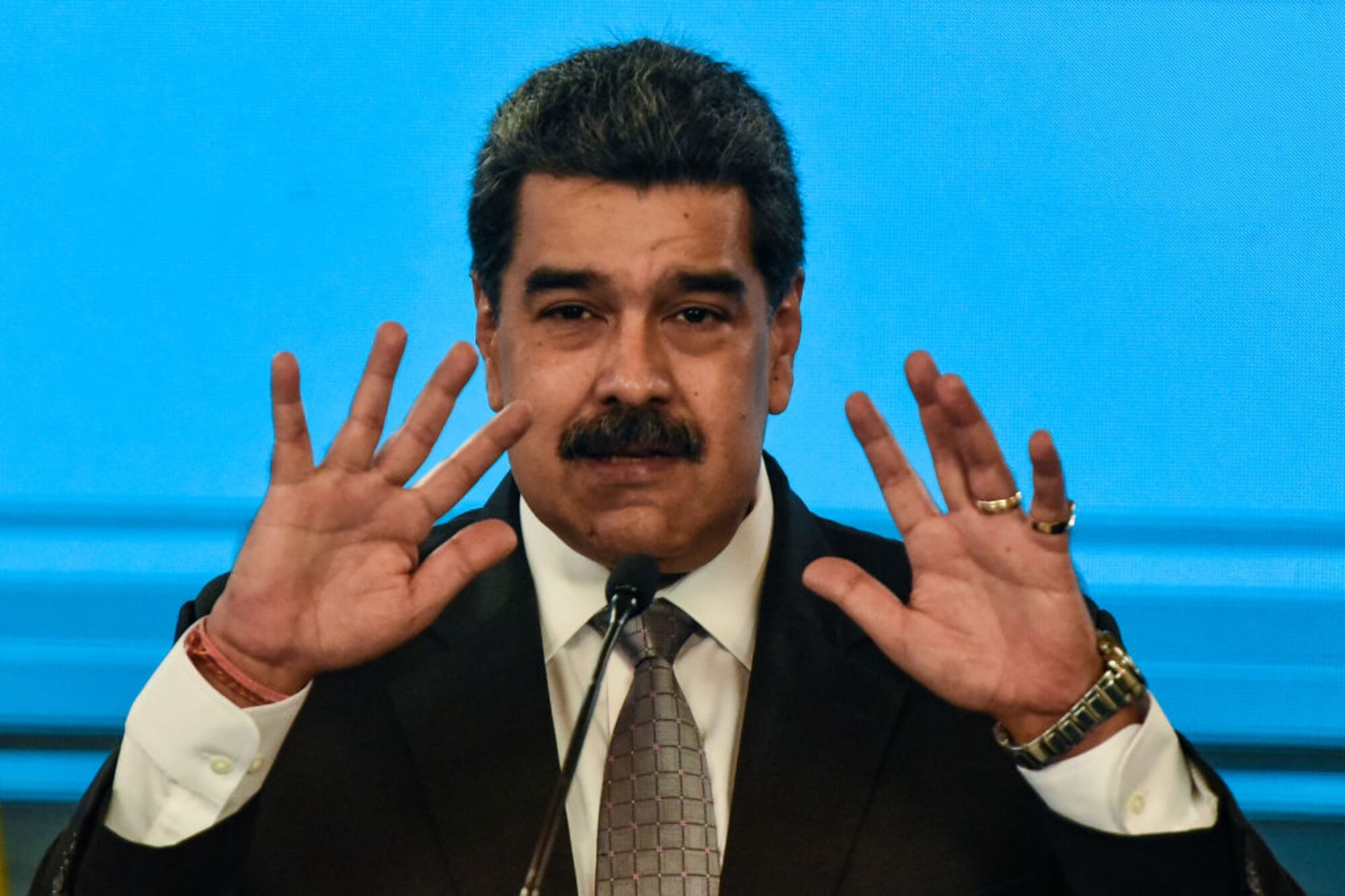Politics & Policy
The EU Shouldn’t Help Legitimize Venezuela’s Elections
The decision to send observers to upcoming local and regional votes undermines the opposition to the regime of Nicolas Maduro.
No one should be fooled that Sunday’s municipal and provincial elections in Venezuela signal a return to democracy for the impoverished South American country.
While some opposition politicians will be on the ballot, others have been arrested by the regime of Nicolas Maduro. Most of the country’s powerful institutions, from the courts to the banks, are under the control of his loyalists. And in recent years, the state has used food rations and other benefits to coerce the political allegiance of its citizens.
Given such conditions, one might think that election observers would sit this one out. But the European Union plans to send them anyway. The decision was made by Josep Borrell, the European Union’s foreign policy chief, despite warnings from his staff that an official delegation to observe the elections would give Maduro’s regime unearned democratic legitimacy.
The plan concerns Eric Farnsworth, the vice president of the Council of the Americas in Washington. “Whatever the observers are allowed to see will probably look pretty clean,” he told me. “But that has nothing to do with the reality of whether the elections are free or fair.”
The EU observers will not just serve to whitewash a despot’s “election.” The decision to send them will help deepen a rift within Venezuela’s own opposition. It has grown frustrated in the last two years with Juan Guaido, the leader of the country’s National Assembly who is recognized as Venezuela’s interim president by more than 50 countries worldwide. The presence of observers will give legitimacy to elements of the opposition that favor a more accommodating strategy with Maduro.
The decision has also created a rift within Europe, and between the EU and the U.S. Nearly a year into Joe Biden’s presidency, his predecessor’s policy of U.S. recognition of Guaido remains in place. Recognition is also official policy for U.S. allies in Latin America and Europe. Sending in election observers undermines that unity.
Borrell’s policies “have been uncoordinated with his own staff or the United States or the major European capitals,” said Elliott Abrams, who served as former President Donald Trump’s special representative for Venezuela. “They have done great damage to the opposition in Venezuela.”
It’s not the first time for Borrell. In the summer of 2020, Borrell supported Venezuelan opposition politician Henrique Capriles’s decision to negotiate on his own with the Maduro regime. This was a surprise to the U.S. government, Abrams told me. He later learned from interlocutors in the Netherlands, Germany and France that they too were unaware of Borrell’s decision to support Capriles’s negotiations.
All of this presents a dilemma for Biden, whose administration negotiated the extradition from Spain of a key Maduro ally last month, and has largely kept in place Trump’s tough Venezuela policy. Biden himself has made opposing authoritarianism and supporting democracy a major theme of his foreign policy. Next month he will be hosting a virtual summit of democratic world leaders to discuss countering dictatorships.
At the very least, Biden should make sure that Guaido is invited to that summit. He should also make clear that whatever the outcome of Sunday’s elections in Venezuela, they should not be considered free or fair.
This column does not necessarily reflect the opinion of the editorial board or Bloomberg LP and its owners.
To contact the editor responsible for this story:
Michael Newman at mnewman43@bloomberg.net


Keine Kommentare:
Kommentar veröffentlichen